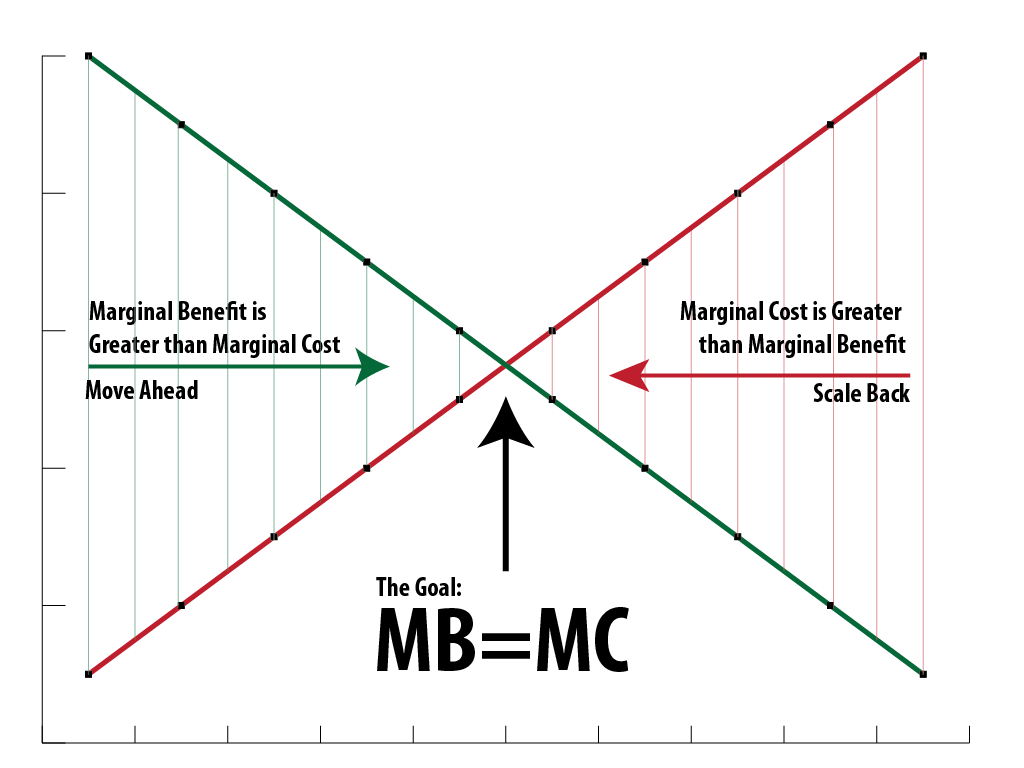A recent Facebook post has shown up on my wall a number of times. It’s a simple picture of Brigham Young and underneath it reads:
Know the Code:
Named three schools after him . . . and we can’t have beards?
There were many posts for and against the picture. I considered my personal feelings on the matter and determined that for “me and my house,” (Joshua 24:15) this was our reply:
Beards? Flip-flops? Shorts? Doesn’t matter. I voluntarily chose to live by that standard and I think it’d be dishonest of me to complain and murmur against it after I signed on.
I’ve gotten a few comments back that made me think it might be best if I explain my reasoning and what I meant by it. Before I explain why I feel it would be dishonest, I need to make a few distinctions:
First,
I’ll say that this was not intended to be a judgment or reflection on anyone else’s opinion on the matter. It’s just how I weighed the issue and deemed that for me, my circumstances and my conscience, this is where I stand. I recognize that the author intended it as a joke but it has give many an opportunity to object to the Honor Code, Dress and Grooming standards. In the spirit of that discussion I thought I would clarify my position.
Second,
when it comes to matters like this, I think there is distinction between struggling to understand the logic behind a standard and encouraging the dissent of others. You can probably guess what category I think a viral Facebook post falls under.
Third,
To help clarify my statement above, let’s go beyond the immediate issue of the “Know the Code” parody, let’s consider a bigger question:
Why are covenants, commitments and codes so important in the learning process?
You may disagree with the honor code but with any concern or disagreement with a church position** there is a pattern set up in the first few chapters of the Book of Mormon. I’m referring to how Nephi reacted to the news of leaving Jerusalem compared to that of Laman and Lemuel.
**(Anyone who thinks that the Honor Code and Dress and Grooming Standards ares just policies and not a question of doctrine needs to read or review the mission statement and aims of any church school)
Consider the complaining that Laman and Lemuel pulled at the beginning of their exodus. Were their concerns sincere? I think so–after all they had left all their riches and belongings and traveled about 200 miles or so before they first made camp. Then as it became more evident that yes, Dad is actually planning for us to never return to Jerusalem, they doubted and resented this lifestyle change. In their own words it was a hard thing asked of them.
I have no doubt that this was hard for everyone in the family. The difference is that while Laman and Lemuel doubted, complained and murmured, Nephi sought to understand the wisdom of the Lord. I find it very interesting that Nephi said he desired to know for himself what to make of this situation. Note how he described the response he received: “[the Lord] did soften my heart that I did believe all the words which had been spoken by my father” (1 Nephi 2:16 emphasis added). It appears that Nephi had his own doubts on this permanent vacation into the wilderness?
I believe the injunction of the Master still stands: Ask, and ye shall find; Knock, and it shall be opened unto you. So in that respect, after so many open invitations to receive revelation on any matter that troubles us and after all the prophets and apostles have taught for more than forty years on the reasons why Honor, Dress and Grooming are important matters at BYU—given all that, I think it’s very close to dishonest to continue to protest.
By refusing to seek or acknowledge the answers that God has given and will give, it’s in effect stating, as Laman and Lemuel told Nephi ‘the Lord maketh no such thing known unto us,’ which is a lie, and thus dishonest. Nephi had to continually remind Laman and Lemuel that they had received witnesses: from angels to testimonies to being shocked and even hearing the voice of the Lord. To me, Rick’s viral Facebook post (and other objections to church policy or doctrine like it) hardly resemble Nephi’s humble spirit of seeking truth and instead hits much closer to Laman and Lemuel’s refusing to accept the Lord’s invitation even though they had no reason to doubt that they would get an answer.
But I don’t think that’s the most dishonest part.
Sure Laman and Lemuel went along (in body) with the journey, but where was their heart? They made it to the promised land, but what was the end result of their complaining? How many blessings did they miss out on because they chose to harden their hearts?
Now will protesting shaving result in the murderous rage that eventually consumed Laman and Lemuel? Hopefully not, but a heart that fails to yield to the standards of the church (even if obedient in action) will harden. Sad experience teaches us that those who harden their hearts are much more likely to fall into sin sooner or later.
Consider, then, the great spiritual protection that comes out of a scenario where a student voluntarily commits himself–in action and in heart–to this special way of life. Consider the self-discipline that emerges from keeping those standards in both body and heart. Matters of chastity or the threat of other serious sins melt away because that student has a keener self-discipline that won’t yield to peer pressure or physical appetites.
It’s important to realize that this doesn’t just apply to a university with an honor code. You can’t have real learning in this church without covenants and commitments. Baptism comes before the Gift of the Holy Ghost; Covenants come before tokens; and so Honor comes before a degree.
But why? Why are covenants and commitments and honor codes so important to learning in the church and at the church’s university? That’s a question I’m still trying to understand better but I think one possible answer is this: the Lord requires the heart and willing mind (D&C 64:34). It’s not enough at BYU or as endowed members of the church to obey without a real conversion. How can we become like Him if our heart isn’t pure? The Lord has always had a problem with people who draw near Him with their lips when their heart is far from Him (JS-H 19). Covenants and commitments help us keep our eye single to His glory, mold our hearts and give us access to the atonement to really change and become someone more like Him.
So if you and I give our word to do such-and-such and to live in a certain manner, but in our heart we are only acting grudgingly, isn’t that dishonesty? Or, even worse, what if we then go on to vocally denounce that commitment and encourage the dissent in others: how is that not betraying God’s purpose in asking us to keep that covenant, commitment or code? And what of those who looked to us for an example: what have we just taught them about the importance of keeping our word? What does it say about our commitment to God to those not of our faith? Can a bad tree give forth good fruit?
“For behold if a man being evil giveth a gift, he doeth it grudgingly; wherefore it is counted unto him the same as if he had retained the gift; wherefore he is counted evil before God” (Moroni 7: 8).
Can someone still have a worthwhile experience at BYU while still harboring dissent? I think so, but I don’t think it will be at the level it could be at. The Lord taught us, “Behold, I stand at the door, and knock: if any man hear my voice, and open the door, I will come in to him, and will sup with him, and he with me” (Revelations 3:20). In general, speaking to myself as much to anyone reading this, I believe that we sometimes miss out on spiritual experiences because the doors of our heart are hard to open.
So that’s my personal reasons for holding myself to what I posted. I am confident that this position is best for me and that regardless of this specific issue, these are true principles. I hope you’ll give some thought to this and make personal applications the best you see fit. God Bless!






You must be logged in to post a comment.